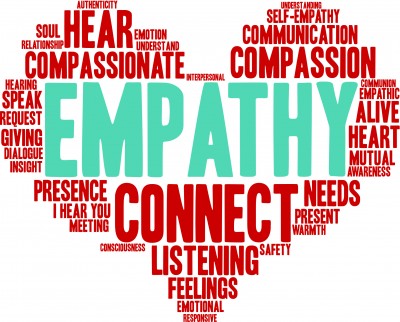What is our Score on Practicing Family-Centered Care?
We're all in this together... the tsunami is here and every one of us serving older adults in some capacity should be getting on the band wagon and FAST. Person and patient centered care must be focused on supporting and educating families. When family-centered care is embraced it becomes an approach to health care decision making that involves health care professionals and family members.







